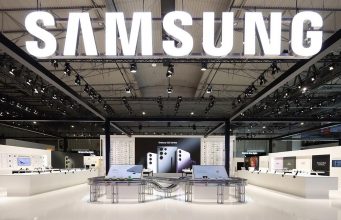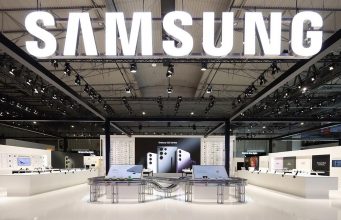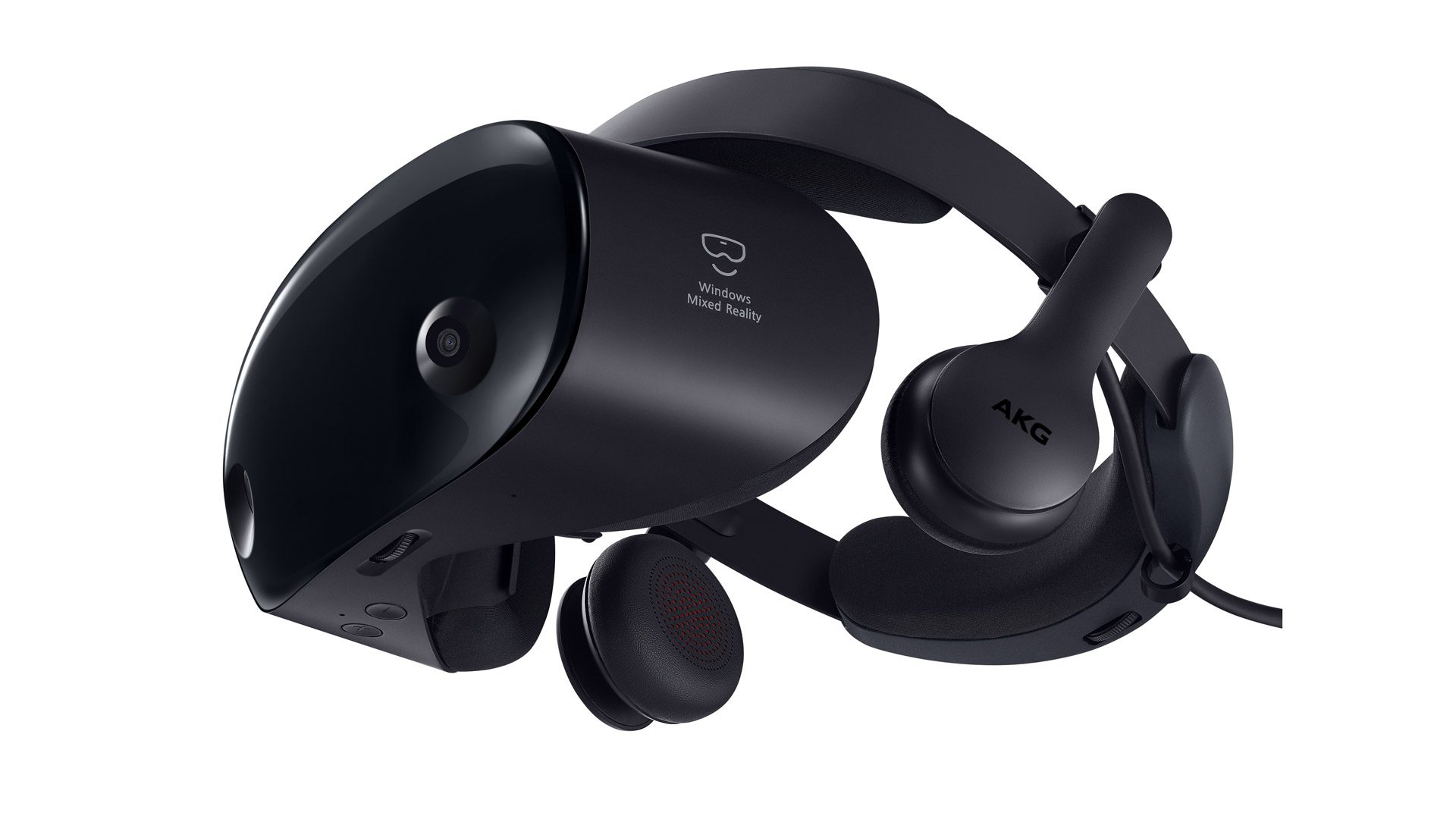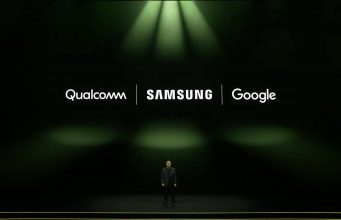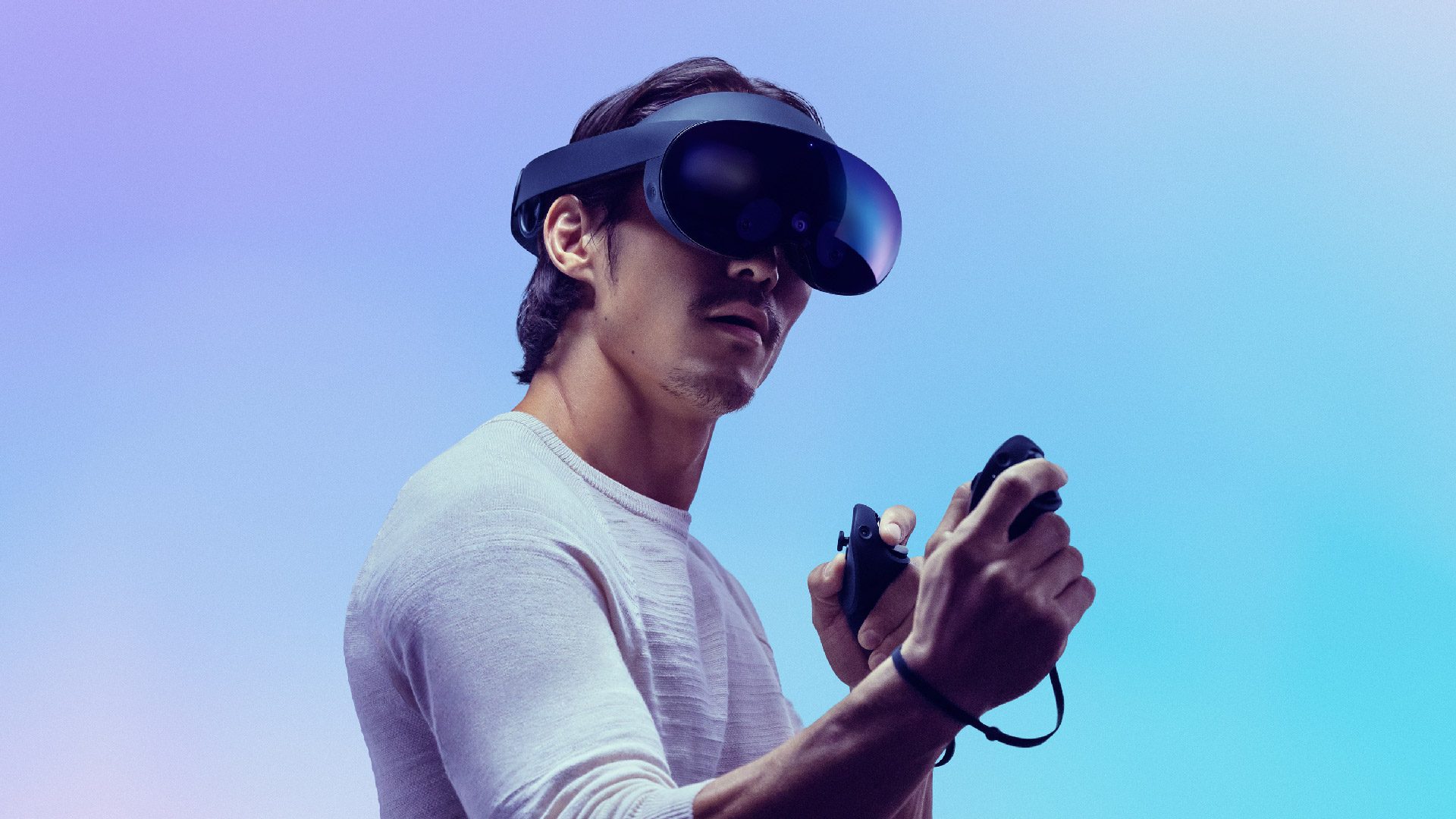Samsung Files XR ‘Glasses’ Trademark in the UK
Samsung has secured a trademark with the UK’s Intellectual Property Office for ‘Samsung Glasses’, which could mean we’re finally seeing some movement from the South Korean tech giant to release an XR headset.
Filed in August and later entered into registry in November, the Samsung Glasses trademark specifies that it covers “Virtual reality headsets; Augmented reality headsets; Headphones; Smartphones; Smart glasses.” The news was first reported by UploadVR.
Samsung announced in February it was partnering with Google and Qualcomm to develop an XR device, something the company said at the time was “not too far away.” We’re still not sure what it will be other than hardware made by Samsung, software by Google, and chipset by Qualcomm.
While unconfirmed as a related device, only a short month later Samsung filed for the US trademark ‘Samsung Galaxy Glasses’. In its description, the US filing is said to cover the same categories as the UK trademark.
Granted, this is a pretty wide range of devices which span the entire XR gamut, although both proposed ‘Glasses’ monikers seem to imply it wouldn’t be a direct competitor to either Meta Quest 3 or the soon-to-release Apple Vision Pro, the $3,500 mixed reality headset which is set to launch sometime early next year.
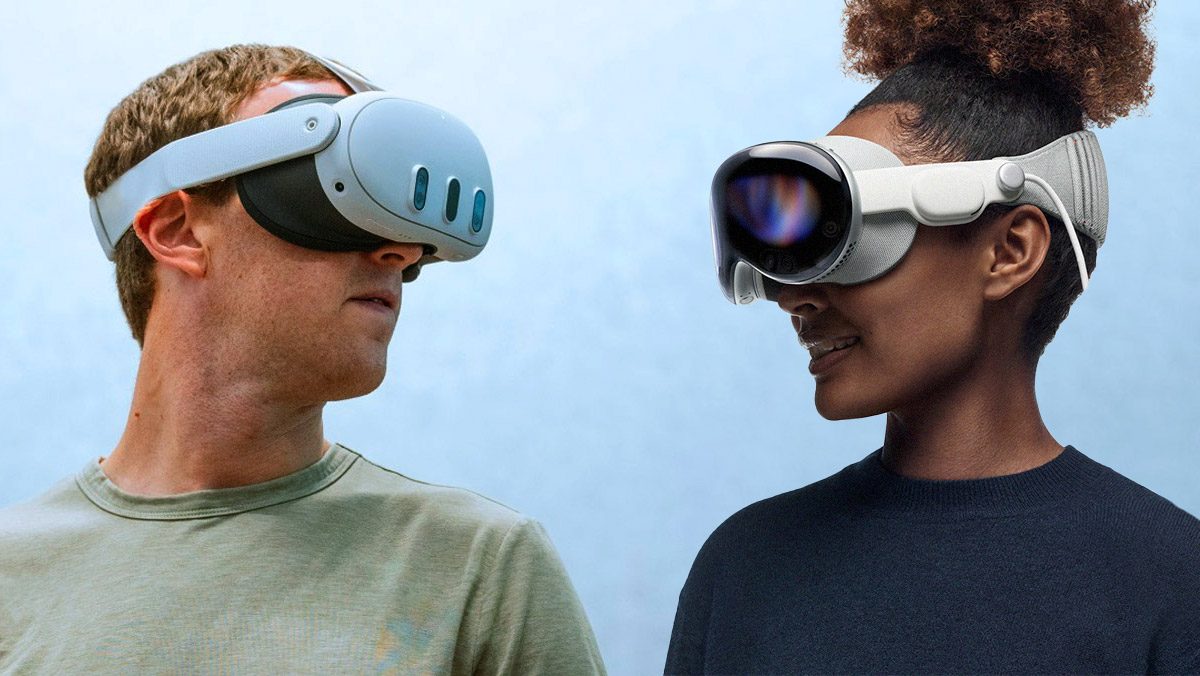
Vision Pro is well beyond the size of spectacles, so calling anything with that format would be an odd move. There are a few candidates though.
Something similar to Meta’s Smart Glasses from Ray-Ban could be more fitting to bear the ‘Samsung Glasses’ name. Confusingly enough, Meta Smart Glasses don’t have a display, instead packing in cameras, off-ear headphones, microphones, and voice access to Meta’s digital assistant.
Another option might be a device similar to XREAL’s Air 2 Pro, which packs in birdbath optics and micro-OLEDs for traditional content consumption, such as film, TV, and flatscreen video games.
A full-blown pair of all-day AR glasses is decidedly out of the picture though, as optics and battery technology (among other things) still aren’t at a point where they’d fit into a glasses format. These are problems that every major tech company in the XR space is working on currently, but it’s safe to say we’re years away from what many hope will be the next major computing platform.
Samsung Files XR ‘Glasses’ Trademark in the UK Read More »
